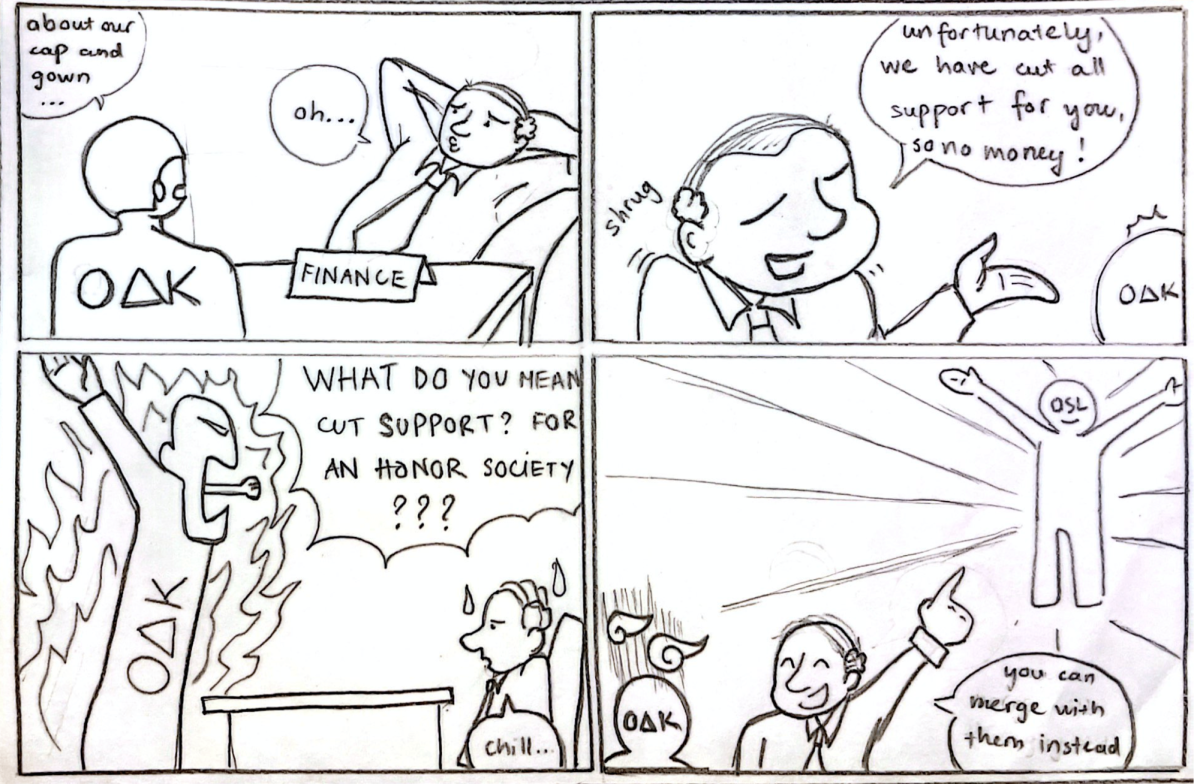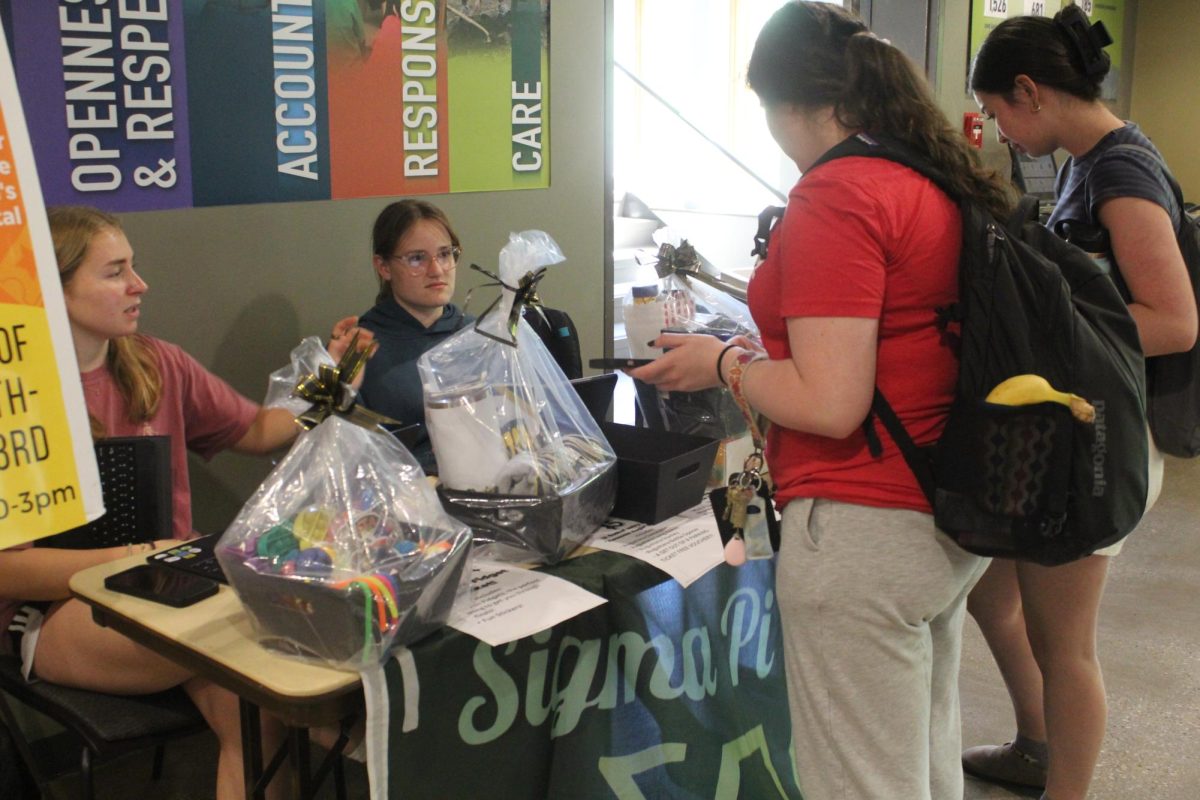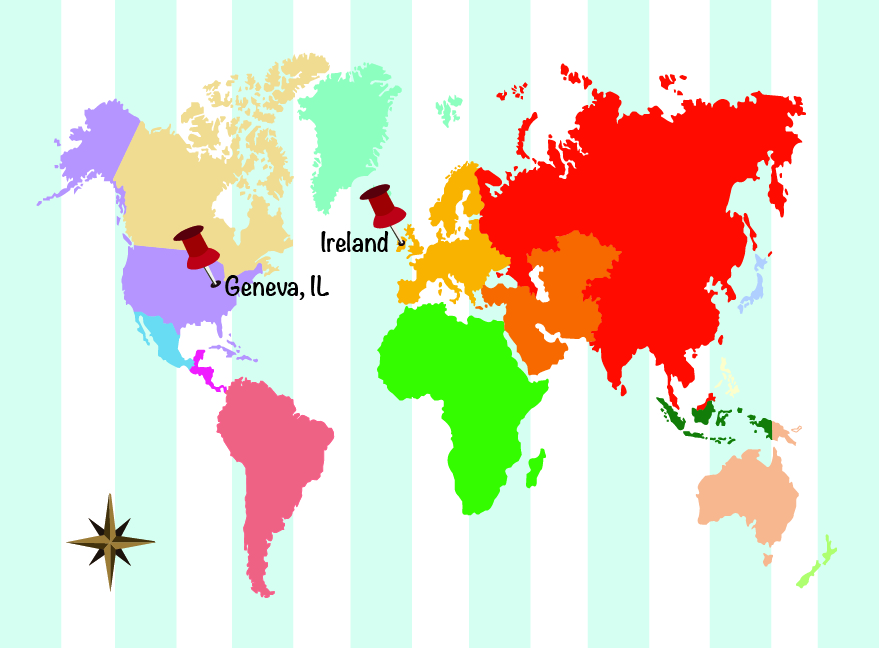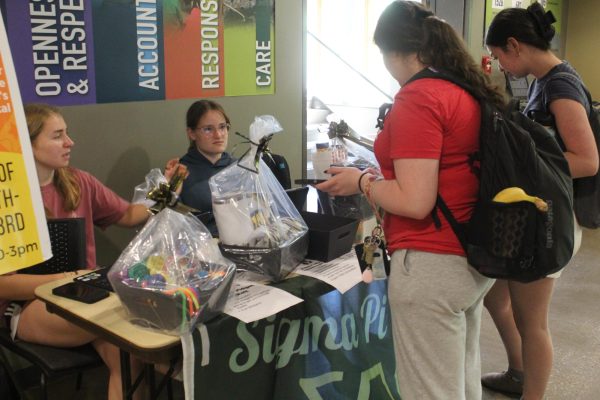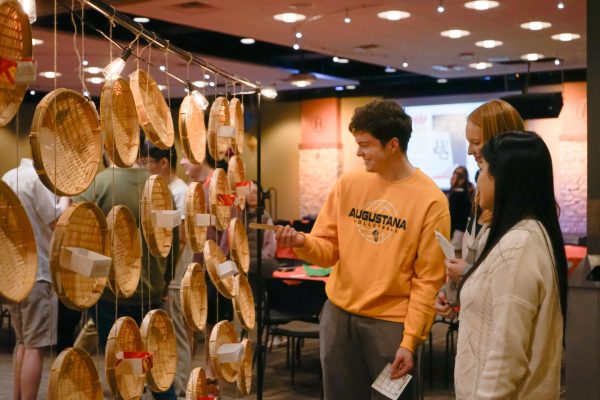The Beatles’s “Revolver” expansion offers new insights on old songs
November 11, 2022
“Revolver,” The Beatles’s 1966 album has joined the ranks of “Sgt. Pepper’s Lonely Hearts Club Band” in 2017, “The BEATLES (‘White Album’) in 2018,” “Abbey Road in 2019” and “Let It Be” in 2021. These expanded sets include remixed album tracks as well as outtakes, alternate versions and songwriting session tapes.
Engineer Sam Okell and producer Giles Martin mixed the set – which are notably not remasters. While previous rereleases of Beatles albums have remastered tracks for modern stereo equipment (and man cave surround sound setups), the super deluxe sets have entirely new mixes of the original tapes.
Martin, whose father, George Martin, produced the original album, extracted individual instrument parts and vocals from the tapes to remix. This practice, like separating a cake into individual ingredients and baking it again, led to notable (and for fans, surprising) differences from the original recording or the 2009 remaster.
“Taxman,” the lead track, was released as a single last month and was later followed by an animated video to promote the new release. While the remarkably clean production didn’t bring anything new to the table, other tracks on the album certainly did.
The first big difference is ironically small. Martin, for reasons beyond me, chose to include a guitar strum on the downbeat of “Yellow Submarine,” where before the song notoriously began with Ringo Starr’s vocals. Why George Martin chose to not include that guitar note on the original has been the subject of debate for decades, and its inclusion on the new set is an interesting addition.
One of the most exciting inclusions on the set is the “Yellow Submarine” songwriting tapes, which revealed new information about that particular song’s origins. For years, fans have argued that the song was primarily written by Paul McCartney with only slight influence from John Lennon.
Bootleg tapes have circulated in recent years totalling several minutes of the original songwriting sessions, where Lennon’s original lyrics read, “In the place where I was born/ No one cared, no one cared/ And the name that I was born/ No one cared, no one cared,” opposed to the fictionalized, notoriously goofy lyrics that made the final cut.
“Yellow Submarine – Songwriting Work Tape / Part 1” gives us a little over a minute of Lennon’s sketch of the song, while “Part 2” gives listeners the early guitar part and conversations between Lennon and McCartney. Lennon’s vocals on this tape also indicate Lennon having a much stronger role in the song’s creation than fans previously thought.
“Rain – Take 5 / Actual Speed” introduced new information to Beatles discourse as well. McCartney’s bass-playing on “Rain,” the B-side of the non-album single “Paperback Writer,” has long been discussed, as many fans don’t actually believe it’s him playing. Maybe they’re joking. Frankly, with a lot of die-hard Beatles fans, it’s hard to tell if their more far-fetched opinions are serious. But given that “Rain,” much like other “Revolver” tracks, involved tapes played at various speeds, it becomes hard to figure out.
The bass on “Rain” was slowed down for the original song, having been played much, much faster on the actual speed tape. Listening to the actual speed tape is pretty astounding. McCartney’s playing is almost superhuman. It is quick, nimble and clearly the best performance of his six-decade career.
Starr’s drumming on the take is incredible as well. It’s shocking how much energy he can pack into the sharp, precise percussion even from the first few beats. Ringo Starr being the greatest rock and roll drummer of all time is a running joke among fans, but he makes an argument for himself on “Rain.”
Of course, the set didn’t include everything fans wanted. Notably, no outtakes for Paul McCartney’s “Good Day Sunshine” made it on the set. I personally would have enjoyed takes from the “Eleanor Rigby” string octet, but beggars can’t be choosers.
As far as Beatles Special Edition/Super Deluxe sets go, “Revolver” isn’t a total disappointment. It certainly offers more than “Let It Be” and has some interesting inclusions that will drive Beatles discourse until the next set comes out. But as with most expanded archive releases from legacy groups, the exclusions are as notable as the quality of these new mixes.

